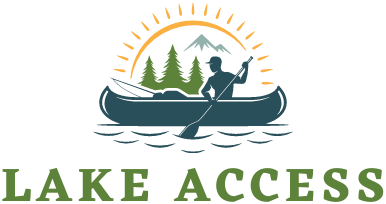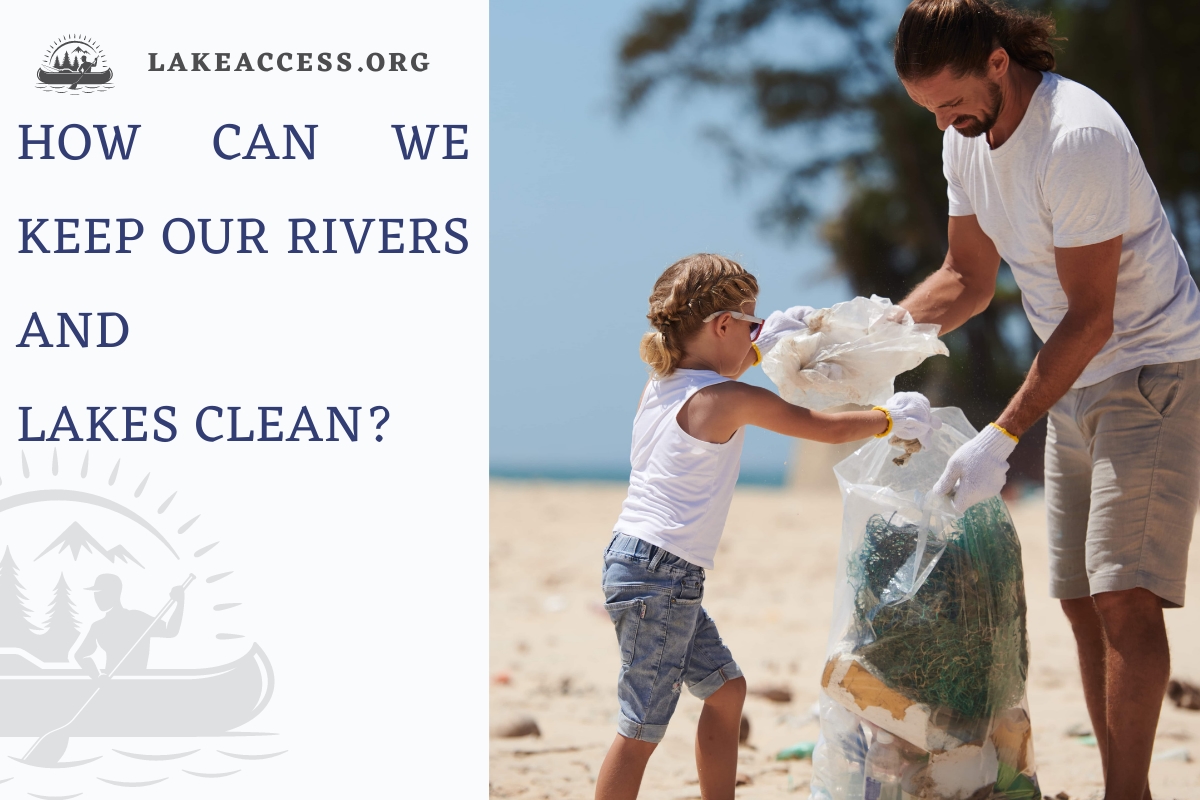Our beautiful rivers and lakes hold immense importance as invaluable resources that generously offer us not only water and leisure opportunities but also sustain vital ecosystems. Unfortunately, in recent years, these very water bodies have become increasingly burdened by the grave issue of pollution. It is incumbent upon us to step up and shoulder the responsibility of preserving the purity and well-being of our cherished rivers and lakes, not only for the present but also for the prosperity of generations to come. Within the confines of this article, we will delve into practical and impactful approaches that can be adopted to uphold the cleanliness and ecological health of our beloved rivers and lakes.
Understanding Water Pollution
Water pollution is a multifaceted challenge that emanates from diverse origins, encompassing industrial discharges, agricultural runoff, and the improper disposal of waste materials. These pollutants wield the potential to substantially degrade the overall quality of our invaluable water bodies. As a result, aquatic ecosystems bear the brunt of adverse impacts, while the safety of drinking water supplies is also jeopardized. Grasping the intricate interplay of factors contributing to water pollution is paramount in formulating effective strategies for its mitigation.
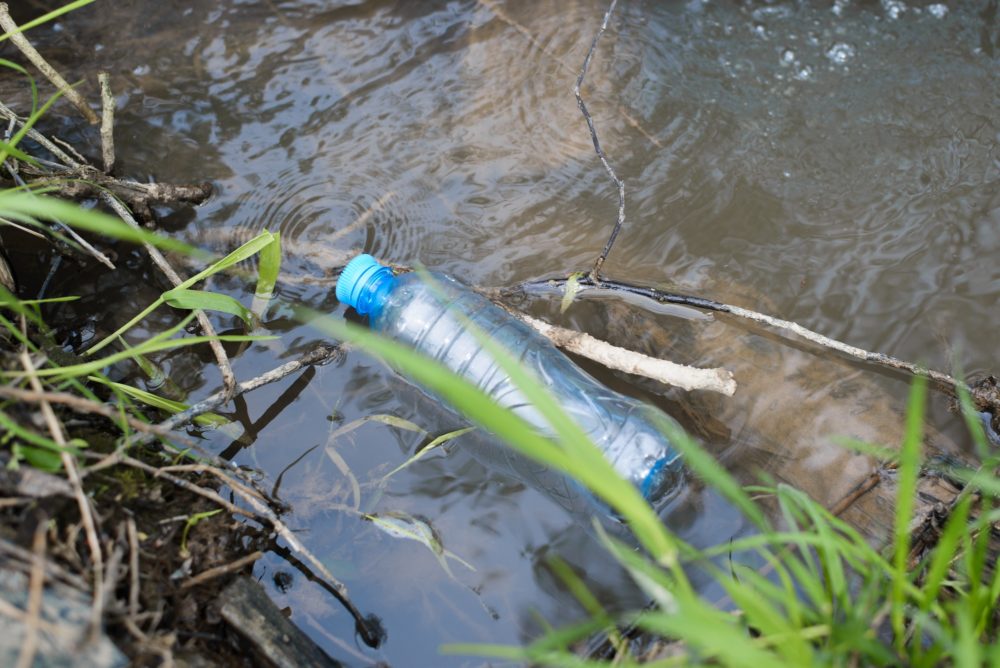
Significance of Pristine Rivers and Lakes
The significance of upholding the purity of rivers and lakes transcends mere aesthetics. These aqueous realms stand as veritable pillars, supporting the bedrock of biodiversity, recreational pursuits, and agricultural enterprises. Within their nurturing embrace, a multitude of species find refuge and sustenance, contributing to the delicate balance of ecosystems. Furthermore, the tranquil allure of these waters provides a canvas for leisure and outdoor activities, fostering well-being. The undeniable importance of these water bodies for irrigation and farming underscores the imperative of safeguarding their pristine state for generations to come.
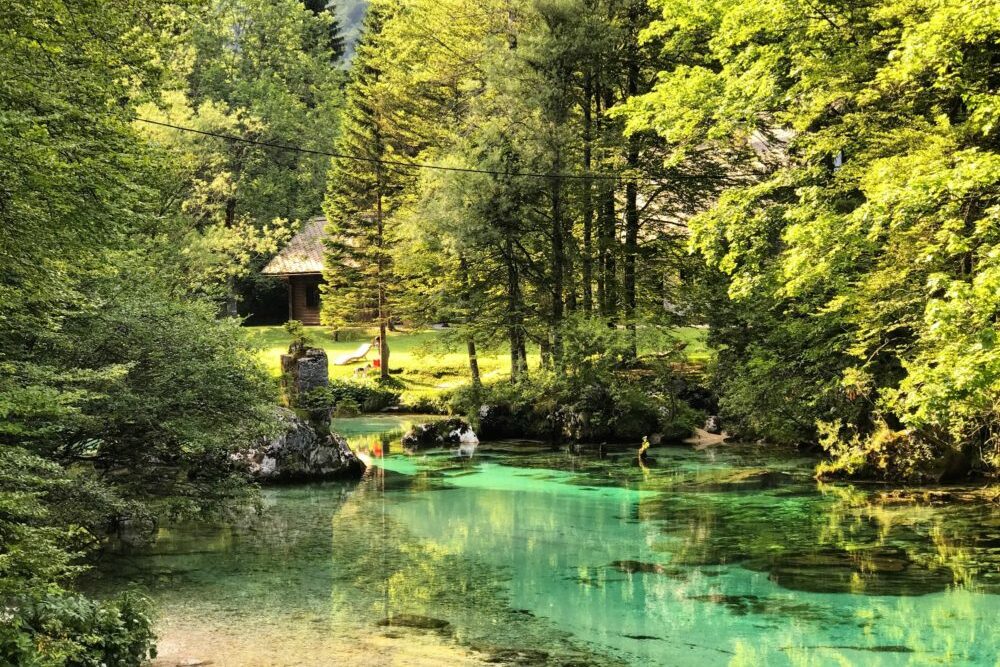
Taking Individual Actions to Ensure Water Purity
The collective impact of individual actions in preserving water purity cannot be overstated. Each person wields the transformative ability to effect change by making conscientious choices. Simple yet profound changes, such as reducing personal water consumption, adopting meticulous waste disposal practices, and cultivating awareness regarding the products used, can significantly contribute to the conservation of water quality. Empowering individuals to become stewards of water purity underscores the pivotal role they play in the broader narrative of environmental preservation.
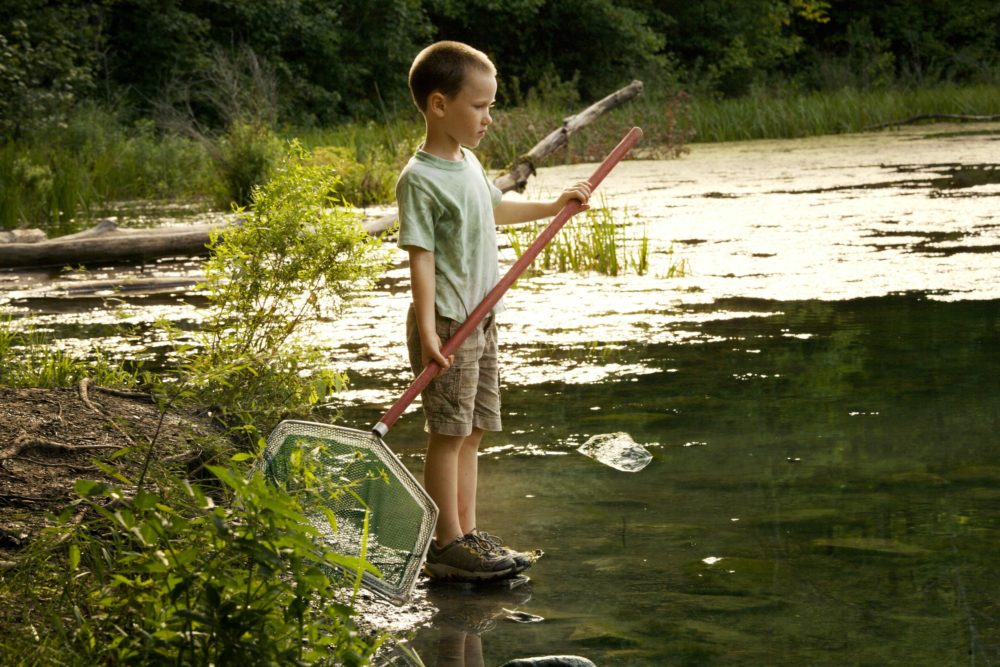
Appropriate Disposal of Waste Materials
The proper disposal of waste materials assumes an unprecedented level of significance in the realm of water pollution prevention. Disregarding responsible waste management can catalyze the ingress of harmful pollutants into our precious water bodies. Embracing eco-conscious practices, including recycling, composting, and adhering to the correct procedures for hazardous substances, serves as a formidable defense against the infiltration of contaminants. By adopting these practices, we build a protective shield around our rivers and lakes, ensuring their untainted splendor endures.

Promoting Sustainable Agricultural Approaches
The interconnection between agricultural practices and water pollution is profound. Pesticides and fertilizers, while essential for crop cultivation, often find their way into water bodies, triggering a cascade of detrimental effects. The shift towards sustainable agricultural approaches holds immense promise as a solution. Implementing strategies such as judicious chemical use, responsible irrigation, and precision farming can significantly curb the runoff of pollutants. By harmonizing agricultural productivity with environmental preservation, we forge a sustainable path forward.

Managing Wastewater Effectively
Undoubtedly, the efficient management of wastewater constitutes a linchpin in the fight against water pollution. Failing to treat sewage adequately can lead to the contamination of waterways, imperiling aquatic life and human health alike. Elevating the standards of wastewater treatment facilities and ensuring their consistent upkeep is a non-negotiable mandate in the pursuit of pollution reduction. By championing effective wastewater management practices, we erect a formidable barrier against the encroachment of pollution into our water bodies.
Exercising Control Over Industrial Pollution
The industrial sector occupies a pivotal role in the water pollution narrative, given its potential to release a torrent of pollutants into aquatic ecosystems. However, the tide is turning with an increasing focus on responsible production methods and advanced waste management systems. Industries now stand at a crossroads where embracing cleaner practices is not only an ethical imperative but also a strategic advantage. By aligning economic pursuits with environmental stewardship, we recalibrate the trajectory of industrial impact on water quality.
Curbing Erosion and Sedimentation
Construction projects and deforestation activities often pave the way for accelerated erosion and sedimentation within water bodies. The repercussions are far-reaching, affecting water quality and disrupting aquatic habitats. To counter this, it is incumbent upon us to implement robust erosion control measures. By weaving nature-based solutions with innovative engineering, we can stem the tide of excessive sedimentation. Preserving the sanctity of our water bodies demands nothing less than a united effort to safeguard against erosion’s relentless advances.
Safeguarding Riparian Zones
Riparian zones, those critical buffer areas flanking rivers and lakes, epitomize the frontlines of defense against pollution. A verdant tapestry of native vegetation within these zones acts as a natural filtration system, arresting pollutants before they infiltrate the waters. The act of safeguarding these zones is an investment in both ecological resilience and water quality preservation. By nurturing these riparian habitats, we forge an unbroken bond between terrestrial and aquatic ecosystems, enhancing the vitality of both.
Role of Government Regulations and Policies
In the grand tapestry of pollution abatement, governments wield the power to effect transformative change. Through the formulation and enforcement of regulations, authorities can rein in the excesses that undermine water quality. A strategic tightening of controls, particularly in areas like industrial discharges and agricultural practices, can wield a monumental impact on the trajectory of water pollution. By aligning policy with environmental imperatives, governments become stalwarts in the collective endeavor to safeguard our water resources.
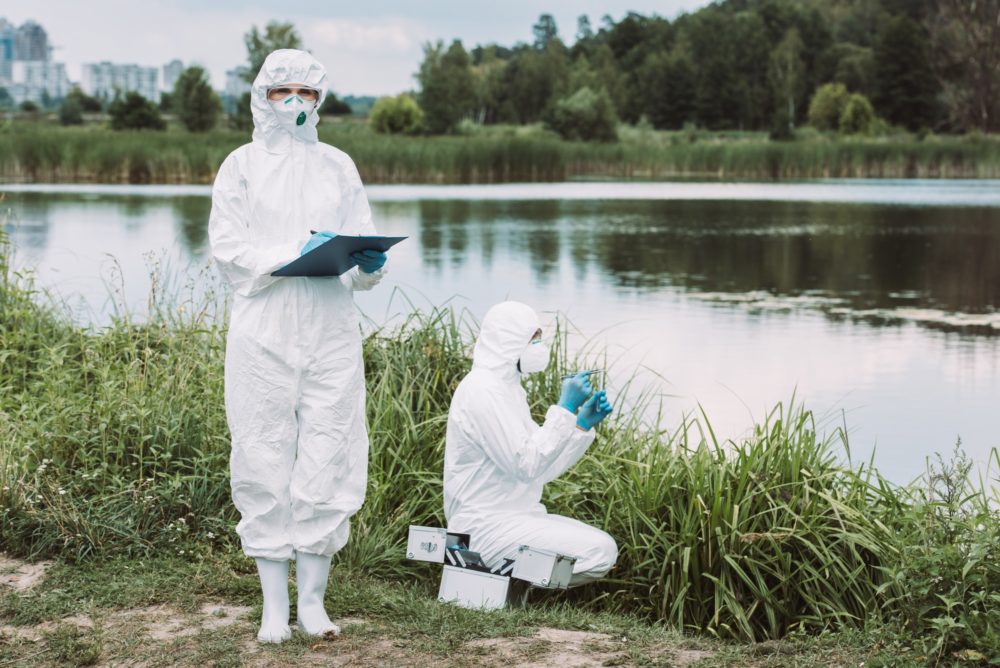
Fostering Community Participation
The cornerstone of any environmental movement lies in community engagement. Empowered communities can organize large-scale clean-up initiatives, ignite conversations, and cultivate a deep-seated reverence for clean water. The synergy between engaged citizens and proactive authorities can be a driving force for change. By nurturing a sense of shared responsibility, communities become the vanguards of water purity, challenging the status quo and ushering in a new era of environmental consciousness.

Harnessing Innovations in Water Pollution Prevention
The battle against water pollution is experiencing a paradigm shift fueled by cutting-edge technologies. Innovations like nanotechnology-based filters and remote sensing systems are revolutionizing pollution prevention. These breakthroughs open new avenues to detect and address pollution in real-time, enhancing our ability to respond swiftly. By embracing these technological marvels, we bridge the gap between human ingenuity and environmental preservation, charting a course toward a cleaner water future.
Educational Empowerment
Education stands as a beacon, illuminating the path towards sustainable environmental practices. Equipping the younger generation with knowledge about the pivotal role of clean water and actionable steps for its preservation is pivotal. This pedagogical empowerment cultivates a sense of responsibility that transcends generations. By nurturing a generation of informed advocates, we forge an unbroken chain of environmental stewards committed to the long-term vitality of our water resources.
FAQs
Why are rivers and lakes important to us?
Rivers and lakes hold a position of paramount importance in our lives, touching upon various aspects that shape our well-being. Beyond being sources of freshwater, these aquatic bodies underpin an intricate tapestry of functions. They quench our thirst, offer spaces for recreation and solace, and stand as essential cornerstones of diverse ecosystems that thrive within their realms. Recognizing their multi-dimensional significance illuminates the profound ways in which rivers and lakes intertwine with our existence.
What Causes Water Pollution?
The intricate web of water pollution is woven from a myriad of sources, each contributing to a complex mosaic of contamination. This includes the discharges from industries, laden with a medley of pollutants, the runoff from agricultural lands carrying fertilizers and pesticides, and the improper handling of waste materials. This interplay of factors converges to degrade the quality of our precious water bodies. Delving into the roots of water pollution unveils the need for holistic strategies to combat this pervasive issue.
How Can I Contribute to Clean Water?
The journey towards clean water begins with individual empowerment and conscientious choices. Embracing a water-conscious lifestyle necessitates a triad of actions. By consciously diminishing personal water consumption, ensuring proper waste disposal methods, and displaying prudence in the selection of products that could potentially introduce pollutants, each person becomes a custodian of water purity. Understanding the power of these seemingly modest actions is pivotal in safeguarding the sanctity of our water resources.
What is a Riparian Zone?
A riparian zone emerges as a pivotal ecological entity, holding the key to preserving water quality along riverbanks and lake shores. This transitional zone, marked by the lush embrace of vegetation, acts as a natural buffer, shielding water bodies from pollutants. Not only does it thwart soil erosion, but it also facilitates the filtration of contaminants, rendering the water cleaner and more resilient. Exploring the role of riparian zones unveils their intrinsic connection to the vitality of aquatic ecosystems.
What Can Industries Do to Prevent Water Pollution?
Industries, as significant players in the landscape of pollution, bear a unique responsibility to champion transformation. Through the adoption of cleaner production methods, industries can curtail the release of harmful substances into water bodies. Furthermore, efficient waste management practices offer a robust shield against contamination. By embracing these proactive approaches, industries recalibrate their role, transitioning from contributors to solution providers in the relentless pursuit of water quality preservation.
